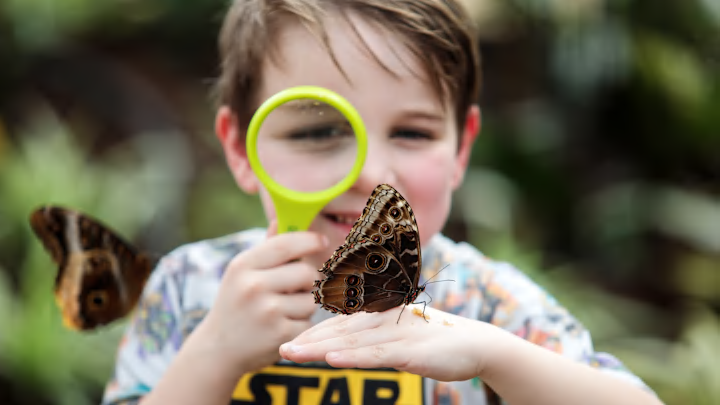The Role of Nature in Childhood Development

Nature plays a crucial role in childhood development, offering children unique opportunities to learn, grow, and explore. In an age where screens and structured activities dominate much of children’s time, encouraging outdoor play and interaction with nature is more important than ever. The benefits of nature for children are vast, encompassing physical, cognitive, emotional, and social development.
Physically, nature provides an ideal setting for active play. Outdoor environments encourage children to run, jump, climb, and explore, all of which contribute to the development of motor skills, strength, and coordination. Unlike indoor play, which can often be limited by space and safety concerns, nature offers endless possibilities for physical activity. Whether it’s climbing trees, building forts, or simply running through an open field, children are naturally drawn to the challenges and adventures that nature provides.
Cognitively, nature stimulates curiosity and creativity. The natural world is full of sights, sounds, textures, and smells that engage the senses and inspire imagination. A walk in the woods or a visit to a beach can spark endless questions and observations, encouraging children to explore, ask questions, and learn about the world around them. Nature also provides opportunities for problem-solving and critical thinking, as children navigate new environments, discover new creatures, and invent their own games and activities.
Emotionally, nature has a calming and restorative effect on children. Time spent outdoors can reduce feelings of stress, anxiety, and overstimulation that can often accompany indoor, screen-based activities. Nature encourages mindfulness and helps children develop a sense of peace and contentment. This emotional resilience is important for helping children cope with challenges and build self-confidence.
Socially, nature promotes cooperation, communication, and teamwork. Outdoor play often involves group activities where children must work together to achieve a common goal, such as building a sandcastle or playing a game of tag. These experiences help children develop social skills, build friendships, and learn the value of collaboration. Nature also provides a neutral, open-ended environment where children can engage in imaginative play and create their own rules and roles, fostering independence and self-expression.
In conclusion, nature is an essential component of healthy childhood development. By encouraging children to spend time outdoors, we support their physical, cognitive, emotional, and social growth. Nature not
only provides a rich, stimulating environment for play and learning but also helps children develop important life skills and a deep connection to the world around them. As parents, educators, and caregivers, it’s crucial to prioritize outdoor activities and ensure that children have regular access to the benefits that nature offers.